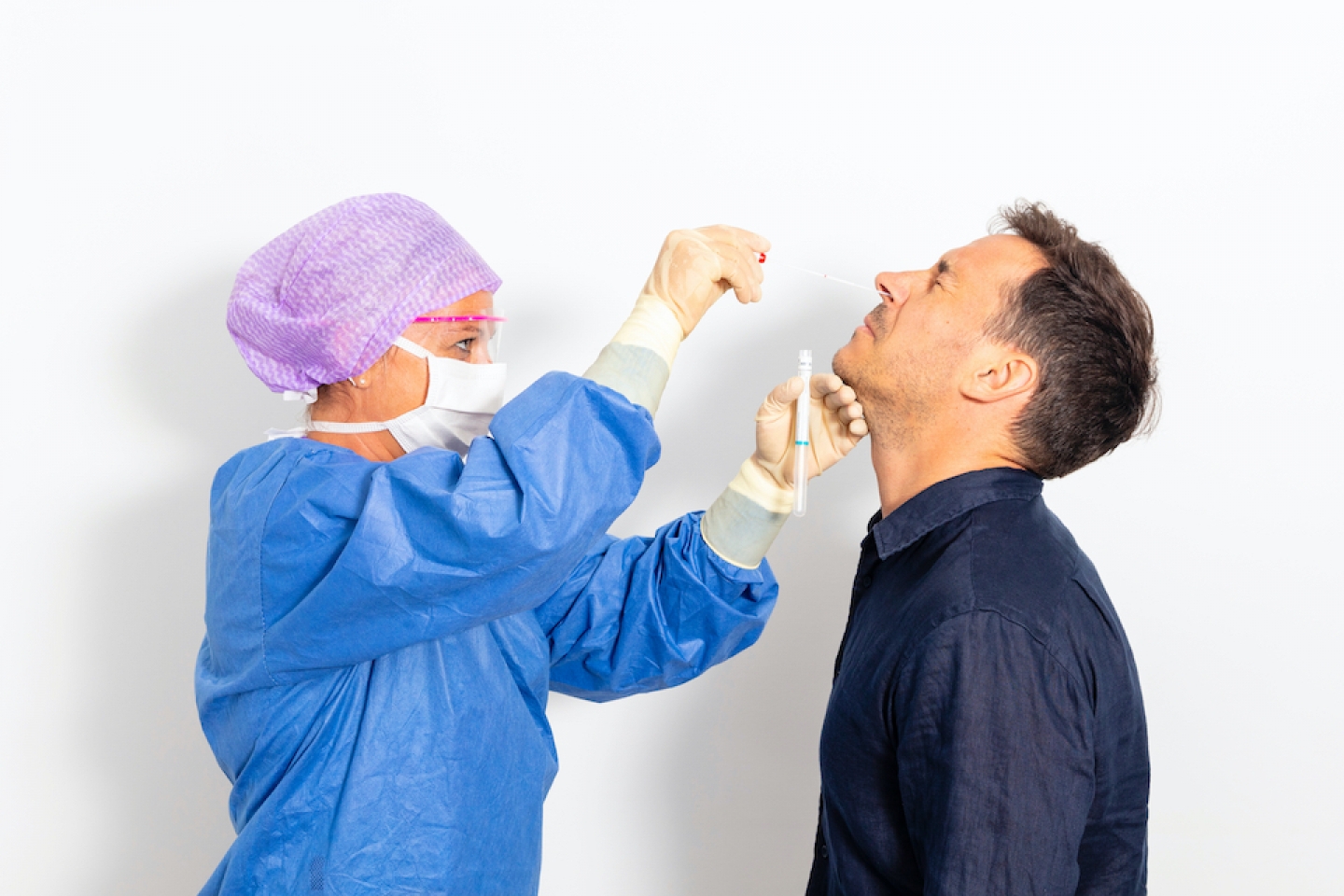
Tony award winner Nikki James recently hosted “Centerstage with Healthcare Heroes,” a panel discussion with Moitri Savard, MD, medical director for Weill Cornell Medical (WCM) Primary Care in Long Island City, and Paul Fenyves, MD, associate director of digital care and innovation for Primary Care at WCM.
In this second session of a three-part series sponsored by WCM and Playbill.com, they discussed what New Yorkers need to know about the current state of the pandemic and how we can take good care of ourselves.
The following Q&A is based on that August 13 discussion.
There are a lot of tests available, so it’s important that patients know what the tests are and what they mean—and what they don’t.
First, there are antigen tests that look for the virus itself. It’s possible for patients to receive these test results in minutes.
PCR tests look for the genetic material of the COVID-19 virus; it’s the more common test right now. It can take between a week and 10 days to get those results, depending on where in the country it’s being processed.
Then there are antibody tests, which tell us whether a patient has had a past infection with the virus that causes COVID-19. Right now, that test gives us limited information; it really only tells us we’ve had the virus by identifying proteins in the blood. We don’t know how long the antibodies may last, or whether patients who recover from COVID-19 can get it again.
The PCR test involves using a nasal swab. It’s not comfortable, but it’s fast—and nothing to be afraid of. Sometimes it will cause patients to tear up or sneeze, and that’s why the person administering the test will be wearing full personal protective equipment.
Let’s focus on proper handwashing, maintaining social distance as much as possible, and wearing clean masks that aren’t porous. Although washing with soap and water is the most effective way to keep our hands clean, the use (but not overuse) of hand sanitizers is a fine second choice.
Stress management is vital for patients right now. We’re seeing first-hand the role it can play in wellness: some patients who struggle with stress during this understandably anxious time also can experience physical and medical challenges. We want patients to discuss this so we can help them determine an effective course of action.
And we really want patients to see their primary care physicians, manage chronic conditions, and go for screening tests for certain conditions regularly. We’re here seeing patients. We’ve been here seeing patients. And we don’t want to let care lapse.
Video Visits have been a successful supplement to our practice. It allows half of our doctors to work onsite and in-person, while the other half sees patients online from their homes. We’re able to provide a high level of care to a high number of patients while reducing foot traffic in our offices.
We’ve been seeing patients in person throughout the pandemic, but those who return to our offices now will see some terrific changes: patients are seamlessly checking in and out of appointments online; having their temperatures checked when they arrive; not spending time in waiting rooms; and seeing intensely stepped-up cleaning measures throughout our sites.